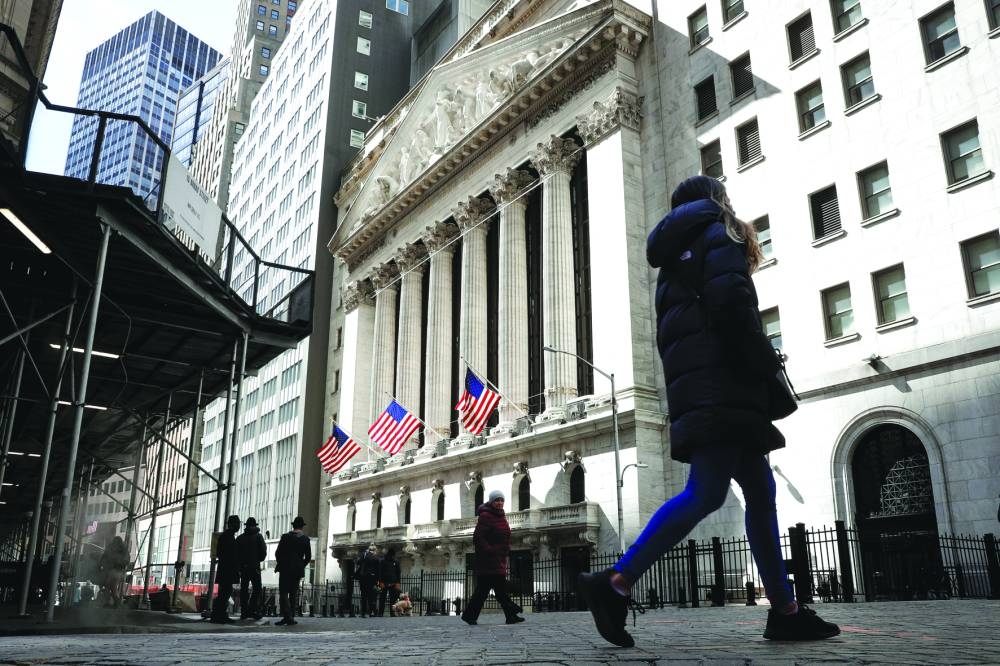Investors are the least pessimistic on stocks since February of last year, before the Federal Reserve began one of the most aggressive tightening cycles in decades, according to Bank of America Corp (BofA)’s latest global survey of fund managers.
In another sign of rising optimism, investor allocation to equities is now the least underweight since April 2022, BofA strategists led by Michael Hartnett wrote in a note. A broad measure of BofA’s fund manager sentiment is based on cash positions, equity allocation and economic growth expectations.
The S&P 500 Index is down 0.6% yesterday as concerns grow that China’s faltering recovery and debt problems will spread to the global economy. However, the US benchmark equities gauge has rallied nearly 26% from its October trough and sits within 7% of its record high.
BofA’s findings reflect the rally in global stocks this year on expectations interest rates are near a peak and growth will hold up better than expected. Hartnett said investors are increasingly expecting inflation to slow in the next 12 months, driving conviction to levels last seen in November 2008 that rate cuts will follow in the coming year.
While participants remain of the view that global growth will weaken over the next 12 months, expectations “improved significantly in August” and recession concerns are fading. Investors are increasingly expecting no recession at all within the next 18 months, and a “soft landing” in the next 12 months remains the base case, Hartnett said.
In August, investors bought technology, energy and banks, while selling out of industrials, discretionary and utilities, according to the survey. Fund managers are now the most overweight on technology since December 2021, a month after the Nasdaq 100 posted a record high. Extreme positioning in an asset is often viewed as a negative since it suggests there are few investors left to buy and plenty who could opt to sell.
Allocations to US and euro-area equities dropped this month, but climbed for emerging market, Japanese and UK stocks.
Hartnett is cautious about being overly optimistic since investors aren’t keeping a historically high level of assets in cash anymore. With cash levels dropping from 5.3% to 4.8% — a 21-month low — it’s no longer a contrarian “buy” signal, according to him. The lower it goes, the more it implies that less uninvested money is sitting on the sidelines.
He also warns that despite improving sentiment, the strong tailwind of bearish positioning in the first half will fade in the final six months of this year. Investors think the biggest tail risk is that inflation keeps central banks hawkish.
The poll was conducted from August 4 to August 10, surveying 211 participants with $545bn in assets under management.

People are seen on Wall Street outside the New York Stock Exchange. Investors are the least pessimistic on stocks since February of last year, before the Federal Reserve began one of the most aggressive tightening cycles in decades, according to Bank of America Corp’s latest global survey of fund managers.
